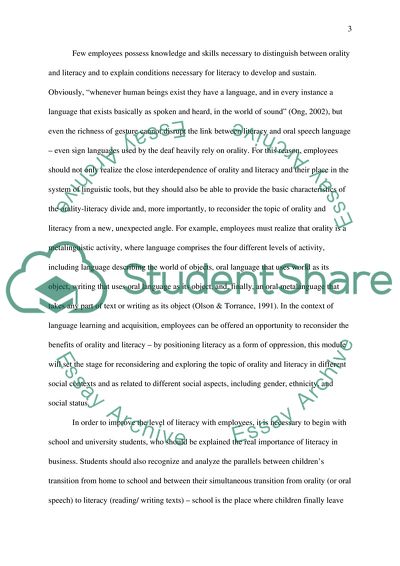Cite this document
(“Business Research Paper Example | Topics and Well Written Essays - 1000 words - 1”, n.d.)
Business Research Paper Example | Topics and Well Written Essays - 1000 words - 1. Retrieved from https://studentshare.org/english/1657596-business
Business Research Paper Example | Topics and Well Written Essays - 1000 words - 1. Retrieved from https://studentshare.org/english/1657596-business
(Business Research Paper Example | Topics and Well Written Essays - 1000 Words - 1)
Business Research Paper Example | Topics and Well Written Essays - 1000 Words - 1. https://studentshare.org/english/1657596-business.
Business Research Paper Example | Topics and Well Written Essays - 1000 Words - 1. https://studentshare.org/english/1657596-business.
“Business Research Paper Example | Topics and Well Written Essays - 1000 Words - 1”, n.d. https://studentshare.org/english/1657596-business.


